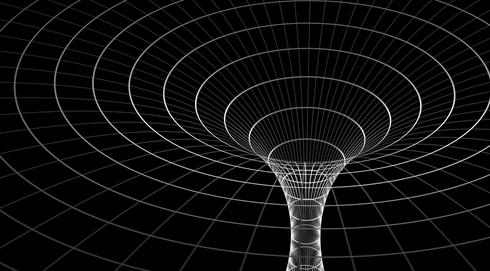Dark Matter & Dark Energy the Prize for Future Space Telescope

What’s the Latest Development?
The European Space Agency has committed itself to funding the construction of a new space telescope whose sole purpose will be to unravel the mysteries of dark matter and dark energy. Called Euclid, the telescope was originally selected as a ‘medium class’ mission, but now that European Union member states have promised nearly $160 million in additional funds, it is clear that the mission is regarded as a high priority and that it may have the ability to solve some of the outstanding mysteries of the day. The US has been given a “junior role” in the mission, valued at around 5% of total costs.
What’s the Big Idea?
Dark matter and dark energy remain cosmological mysteries that Euclid aims to unravel. Dark matter, which cannot be detected directly, is known to exist because it distorts the light coming from distant galaxies. While the Hubble plotted this distortion across just two square degrees of sky, Euclid will do so over 15,000 degrees. Euclid will study dark energy, the force that drives the Universe to accelerate at an increasing rate, by mapping the precise positions of some two billion galaxies out to about 10 billion light-years from Earth. “The patterns in the great voids that exist between these objects can be used as a kind of ‘yardstick’ to measure the expansion through time.”
Photo credit: Shutterstock.com





